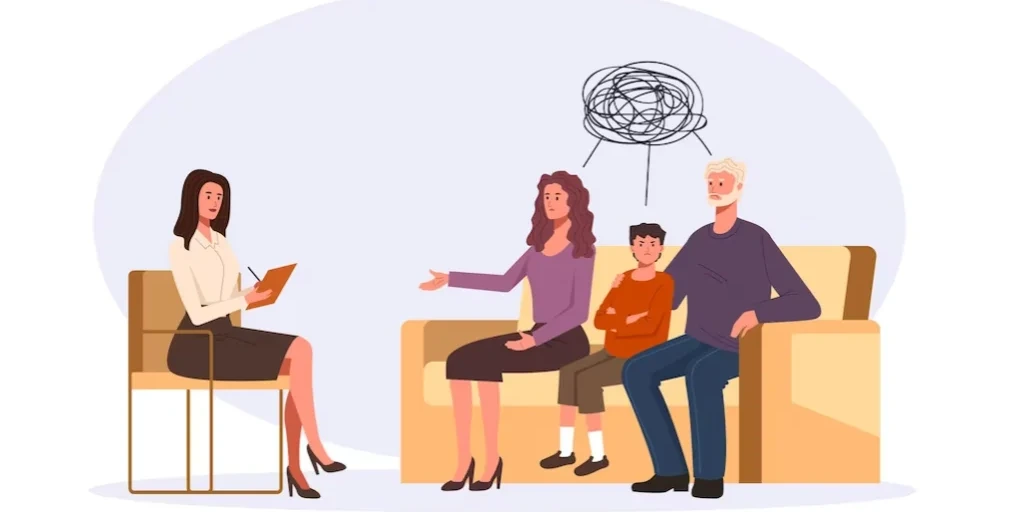24/7 Helpline:
(866) 899-221924/7 Helpline:
(866) 899-2219
Learn more about Partial Hospitalization Program centers in Putnam County

Other Insurance Options

Coventry Health Care

Cigna

Horizon Healthcare Service

Magellan Health

Regence

CareSource

Choice Care Network

American Behavioral

Premera

Medical Mutual of Ohio

Kaiser Permanente

Humana

UMR

Carleon

CareFirst

Providence

Health Choice

Health Partners

Sliding scale payment assistance

MVP Healthcare

Hamilton Center
Hamilton Center is a regional behavioral health system serving central and west central Indiana. Ham...

CYWA – Samara House
CYWA – Samara House is a non-profit rehab located in Coatesville, Pennsylvania. CYWA – Samara House ...

Coatesville Treatment Center
Coatesville Treatment Center is a private rehab located in Coatesville, Pennsylvania. Coatesville Tr...

Gaudenzia
Gaudenzia is located in Coatesville, Pennsylvania. Gaudenzia addresses the needs of chemically depen...






















Groups
Groups is private healthcare company providing outpatient treatment for opiate addiction using weekl...

Coatesville Comprehensive Treatment Center
Coatesville Comprehensive Treatment Center is a private rehab located in Coatesville, Pennsylvania. ...




























































































